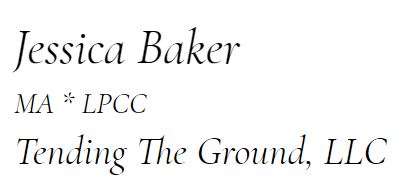When we perceive we have done something wrong we often don’t simply feel guilt that we did something wrong, but that something inherent to us IS wrong, or that we are irrevocably bad. As Francis Weller tells his readers, this is the insidious quality to shame: ownership. We take it on as ours, as being about us. And sometimes we even carry this for many years.
Shame not only gets repressed, but it wraps itself tightly around all the areas in our life that are wanting to be set free.
If we knew how to simply disregard our sorrow or anxieties and actually have them go away, wouldn’t we simply have done that already? These issues are not consciously chosen, nor are they reprehensible in any way. Often, it is family systems and the culture that has taught and is creating and sustaining unhealthy and dysfunctional behaviors that we naively adopt.
Shame is a feeling that something is so wrong with us that we must keep it hidden. It is how we keep our shame a secret, with the belief that if others found out about our defectiveness they wouldn’t like us. As a result, we bury (or disown) our passion, spontaneity, sexuality, and creativity, while learning to live lives from a diminished sense of self.
As Francis Weller reminds us, hope is to see our shame as a wound instead of representing our worthlessness. We are encouraged to move from silencing ourselves to expressing what it is we keep inside, and to move away from self-contempt and toward bringing compassion to our experience instead, followed by powerful action.
The parts that we are unable to love in ourselves become banished and move into the shadows, ultimately for protection. Unfortunately, whatever gets banished eventually becomes regressed and hostile to us. This can help us understand that we didn’t do anything wrong or bad and the act of beginning to work with these parts is the path through which we invite them to become conscious to us again. The task becomes to re-assure and welcome back the parts of us that may have become bound up in shame, by no fault of our own.
Disowning parts of ourselves interrupts the ability to trust our instincts. We lose the awareness of our internal cues in order to make good decisions or feel into our own direction and desires. We can develop strategies of defense to minimize feeling shame, perhaps through perfectionism, withdrawing, and rage, among others. It is possible to identify the themes around how we may have used these strategies to avoid shame, which was essential when we were young, but is no longer working well for us quite as well as an adult.
With patience and guidance, much can be understood, learned and re-negotiated when we come to see the intelligent role that shame once played in our lives.
Breathing life into these concerns, in the spirit of attending to our patterns, can significantly affect all aspects of our relationships to our selves and to others.
Perhaps, as a result we can reduce the insidious nature of shame in our culture and no longer pass on the same bewilderment to the next generation. Our movement through shame is through unburdening it. This allows for more energy to be released in our systems and we gain the ability to reclaim power, direction and strength.


Recent Comments